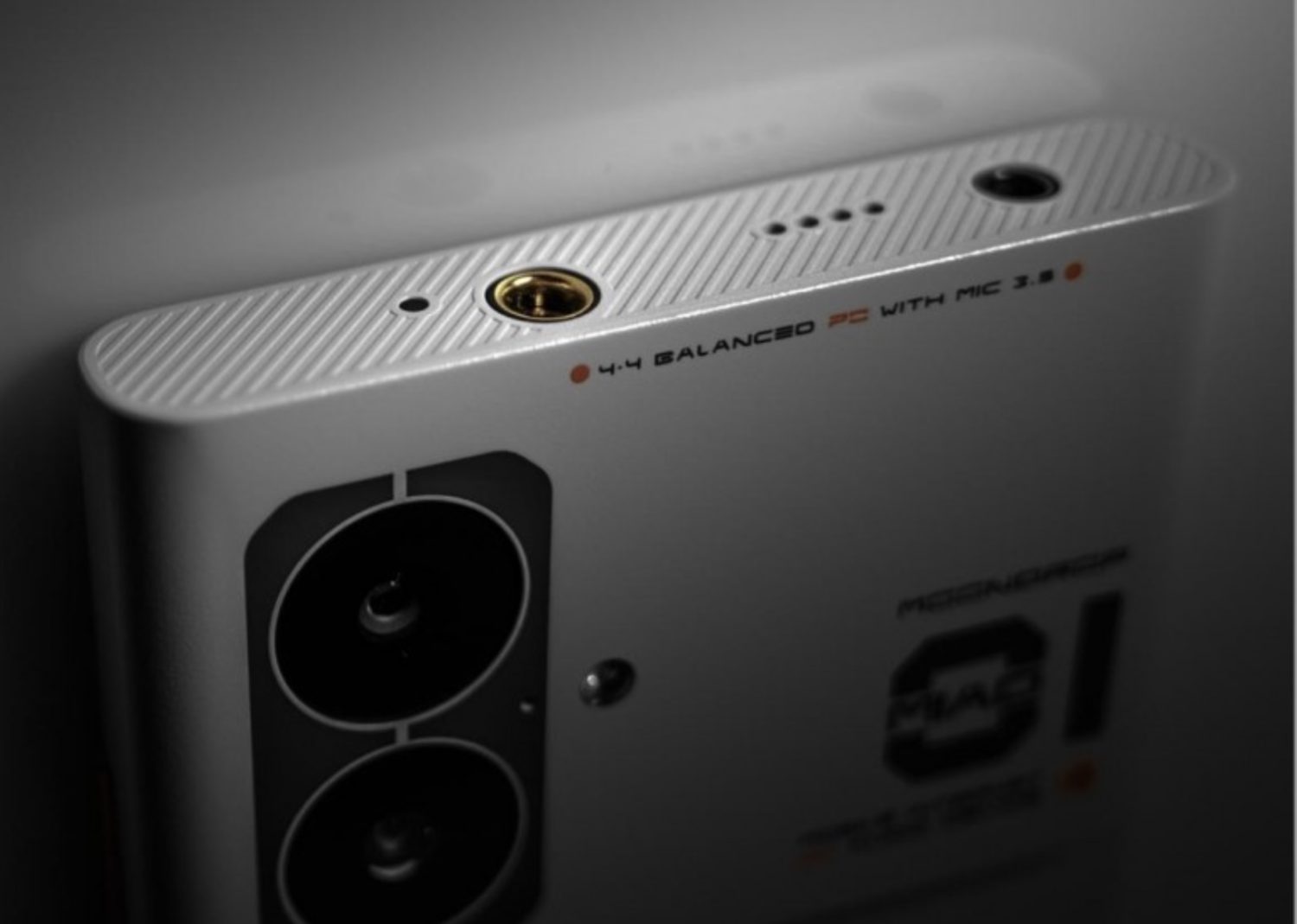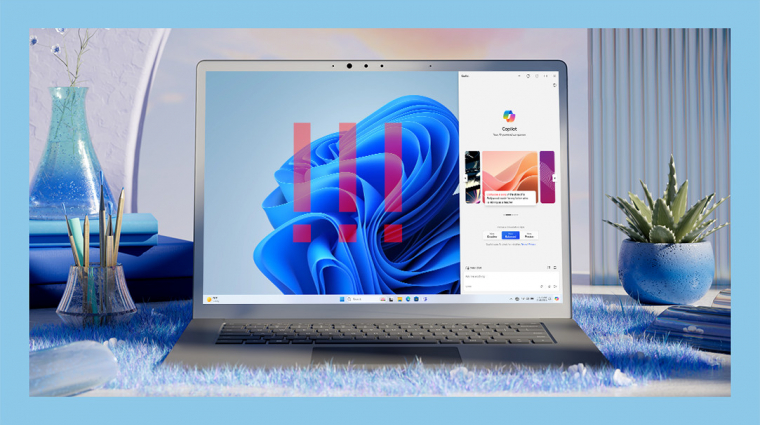surprising Hacker tricks Experts have discovered. As it turns out, the “Big Brother” of the modern world is no longer watching us through the television, but is instead hiding in the relatively innocuous brightness sensor of our smartphone.
According to the researchers, the phone's ambient light sensor can also be used for spying, without the owner turning on the camera.
But how can hackers use the screen and light sensor as a camera?
These tiny sensors adjust the screen brightness based on the ambient light. However, unlike cameras, apps do not need permission to access them. As MIT researchers have now discovered, this seemingly innocent feature has a dark side: Hackers can exploit these sensors to reconstruct what's happening in front of the screen.
According to researchers at MIT's Computational and Artificial Intelligence Laboratory (CSAIL), this sensor can also record hand movements and private life moments of the owner.
To understand this better, imagine that you are browsing a website, completely unaware that your movements are not recorded by the camera, but by the light sensor.

5+1 amazing facts about cell phones that you may have never been told before
Read more…
Read more…
These are the possible solutions to avoid this
In early January, researchers published a paper in the journal Science Advances in which they proposed a computational imaging algorithm to understand the situation. This can reconstruct the surrounding image from the screen's perspective with subtle changes in light intensity detected by the sensor.
An MIT team led by Yang Liu has developed an algorithm that analyzes the subtle changes in light intensity that the sensor detects when objects touch the screen. The algorithm reconstructs pixel images by grouping together these movements, such as scrolling, sliding, and scrolling.
The researchers also demonstrated how hackers can use this algorithm to spy on gestures, concluding that applications that access the screen, such as video players and web browsers, can easily use this technology to intercept unauthorized users to collect data.

Apple, Google, Samsung – which is the most reliable mobile payment service?
Read more…
Read more…
In order to resolve the situation, experts proposed converting the turning on and off of light sensors into a function and then including it in more detailed application licenses. Another solution is to use software to reduce the quality of the images that can be extracted, so that hackers don't know what to do with low-quality images.
You can help avoid hacker attacks if you follow the tips in the video below:
source: Interesting geometry









































